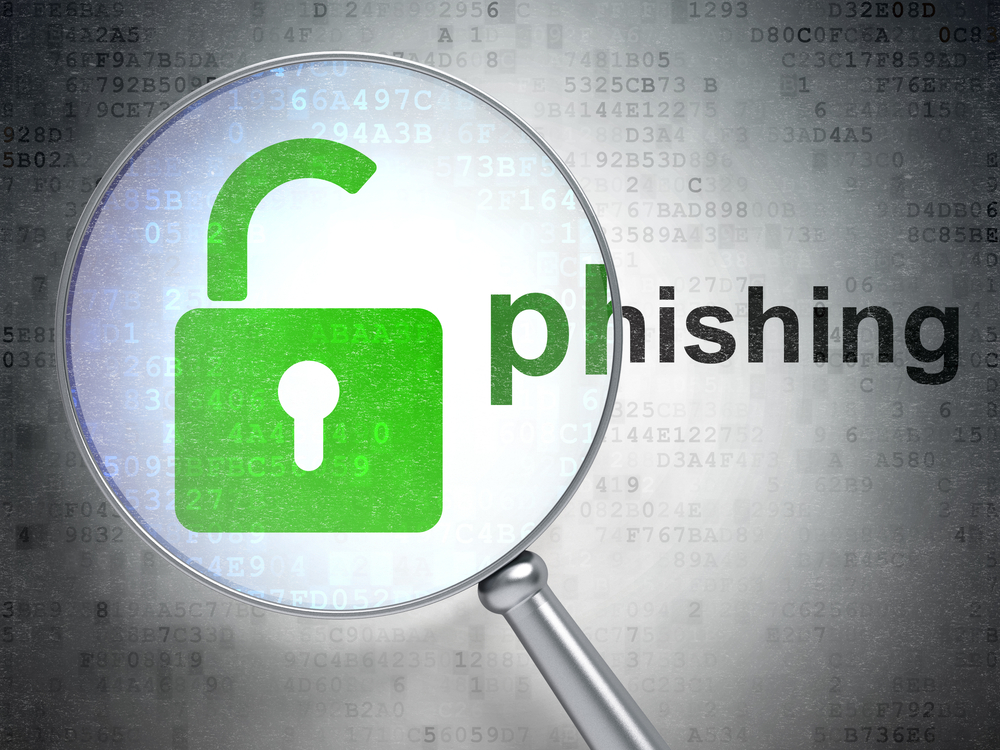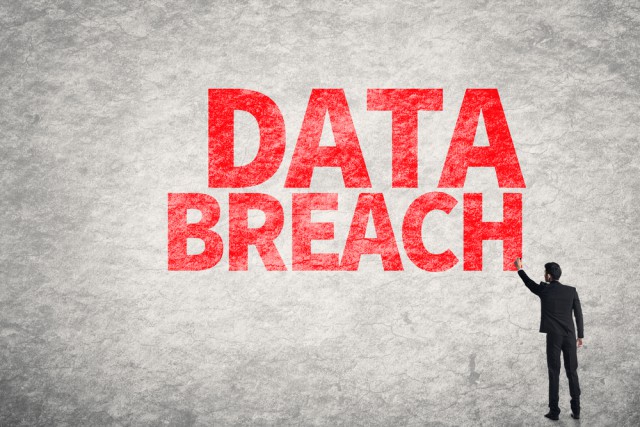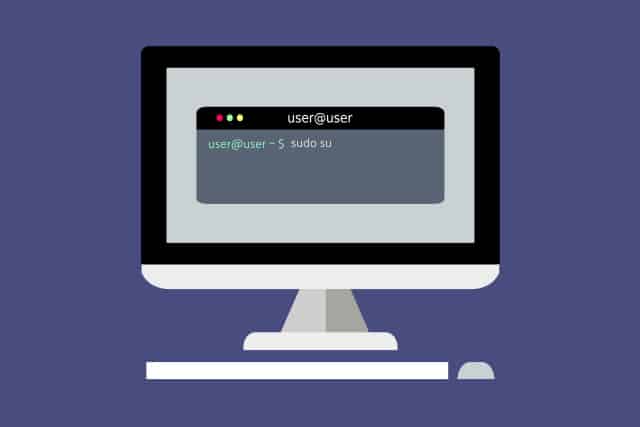Microsoft releases patch for serious Internet Explorer vulnerability
Microsoft has released a series of patches for a zero-day vulnerability in Internet Explorer that was being actively exploited.
The remote code execution flaw was discovered a few weeks ago, and while 0patch released a micropatch to fix the problem, Microsoft only suggested a workaround which ended up breaking printing for many people. But now patches have been made available for Windows 7, Windows 8.x, Windows 10, Windows Server 2008 and Windows Server 2012.

Security automation is changing hiring trends
A new survey of more than 1,000 IT and IT security practitioners reveals that 51 percent now believe that automation will decrease headcount in the IT security function, an increase from 30 percent in last year's study.
The study by the Ponemon Institute, in partnership with DomainTools also finds concerns of employees about losing their jobs because of automation have increased to 37 percent over last year's 28 percent.

Majority of consumers worry about identity theft and account hijacking
A steady stream of data breaches has led most consumers to worry about the online crimes that lead to identity theft and account takeovers.
A new report from F-Secure shows almost nine out of 10 consumers are at least somewhat worried about their bank accounts being hacked to steal money (89 percent), online shopping fraud (87 percent), and someone committing a crime with their identity (87 percent).

New automation service gives companies control over hybrid cloud security
Enterprises are moving more of their workloads to the cloud in order to enhance their agility and responsiveness. But in the rush to develop new applications security can sometimes take a back seat.
Today Tufin is launching SecureCloud, a security policy automation service for enterprises that need to gain visibility and control over the security posture of their cloud-native and hybrid cloud environments.

PayPal tops the list of most phished brands
Predictive email defense company Vade Secure has released a new report ranking the top 25 brands most impersonated in phishing attacks.
The report covering the final quarter of 2019 shows PayPal is the top brand impersonated by cybercriminals for the second quarter in a row, with Facebook taking the number two spot and Microsoft coming in third.

Cyber insurance and its place in business security strategy [Q&A]
Data breaches and cyberattacks can be costly for businesses, not just in financial terms but also in damage to reputation.
It's not surprising then that more and more companies are looking to offset these costs by taking out cyber insurance policies, We spoke to Chris Kennedy, CISO and VP of customer success at AttackIQ to find out more about cyber insurance and the potential pitfalls.

Mac threats overtake Windows for the first time
It's generally been accepted that Mac systems are much safer than Windows, but that could be starting to change as a new report shows Mac threats are growing faster than their Windows counterparts for the first time ever.
Malwarebytes latest annual State of Malware report shows an average of 11 threats per Mac endpoint in 2019 -- nearly double the average of 5.8 threats per endpoint on Windows. Overall Mac threats increased by more than 400 percent, year-on-year.

15.1 billion records exposed in 2019 as data breaches hit a new high
The total number of records exposed by data breaches increased by 284 percent last year compared to 2018, with over 15.1 billion records exposed in total.
This is one of the findings of the 2019 Year End Data Breach QuickView Report from Risk Based Security although the total number of 2019 breaches disclosed so far (7,098) is up only one percent.

Volume and complexity of DDoS attacks still increasing
DDoS attacks are a continuing problem for businesses and a new report reveals that they are also growing in complexity.
The 2019 DDoS report from Link11 reveals that the share of multivector attacks -- which target and misuse several protocols -- grew significantly from 46 percent in the first quarter to 65 percent in the fourth quarter.

What impact will the Cybersecurity State Coordinator Act have? [Q&A]
The US is currently considering new legislation that would require each state to appoint a cybersecurity leader.
The proposed Cybersecurity State Coordinator Act has cross-party support and would, say its backers, improve intelligence sharing between state and federal governments and speed up incident response times in the event of a cyberattack.

Serious sudo flaw could be exploited to gain root access to Linux systems
Details of a nine-year-old security vulnerability with the sudo utility found in numerous Unix and Linux based operating systems have been revealed.
The flaw, which affects the likes of Linux Mint and Elementary OS, could be exploited to give users root privileges on a vulnerable system. Sudo versions 1.7.1 to 1.8.30 are at risk if the pwfeedback option is enabled.

Stress is hurting the health and relationships of CISOs
Landing the role of Chief Information Security Officer might make you think you've made it into a plum job, but 88 percent of CISOs are stressed and it's impacting on their health and relationships according to new research.
The second annual CISO stress report from Nominet shows that 48 percent say work stress has had a detrimental impact on their mental health, almost twice as high as last year (27 percent). 31 percent also report that their stress has impacted their physical health.

New solution delivers automated end-to-end security
Many organizations lack the resources to effectively implement 24x7 security operations on their own, and while automation solutions can help, they typically require extensive expertise to implement and manage.
Security automation specialist LogicHub is launching a new automation driven Managed Detection and Response solution called MDR+ to help address this issue.

New strain of ransomware spreads via SYSVOL shares
Researchers at Varonis have uncovered a new ransomware variant that spreads and tracks its progress via SYSVOL share on Active Directory Domain Controllers.
The ransomware encrypts files and appends them with the extension, '.SaveTheQueen' and creates a file called 'hourly' on the SYSVOL share folder.

Popular attack methods decrease as hackers shift tactics for a new year
Researchers at managed security services provider Nuspire have released their latest quarterly threat report which looks at the top botnet, malware and exploit activity throughout 2019, focusing in on the fourth quarter.
Among the findings are that malicious cyber-activity declined towards the end of the year, partly as a result of hectic holiday schedules and vacations with fewer employees around to interact with malicious activity.
